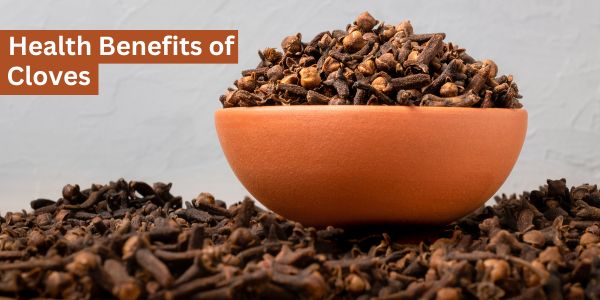Introduction
When it comes to staying upright and unbroken in our golden years, many of us put our faith in vitamin D and calcium—the dynamic duo of bone health. These nutrients have been the poster children for strong skeletons and fall-free living for decades. But wait—don’t toss your multivitamins across the room just yet! The US Preventive Services Task Force (USPSTF) has thrown us a curveball.
Their verdict? Vitamin D and calcium won’t save you from falls or fractures if you’re a healthy older adult.

Now, before you panic and swear off supplements forever, let’s break this down, brick by brick (and bone by bone).
What Are Vitamin D and Calcium Anyway?
Think of your skeleton as a house—one that’s been standing for decades but needs some TLC.
- Calcium is the bricks and mortar, giving your bones their strength and structure.
- Vitamin D is like the contractor, ensuring the materials (calcium) are put to good use.
Without enough of these, your bones might start resembling a Jenga tower on its last legs—wobbly and ready to collapse at the slightest nudge.
Where Can You Get Them?
You don’t need to go on a treasure hunt! These nutrients are easier to find than a parking spot at a grocery store.
| Nutrient | Food Sources | Other Sources |
|---|---|---|
| Vitamin D | Fatty fish, egg yolks, fortified milk | Sunshine, supplements |
| Calcium | Dairy products, leafy greens, almonds | Supplements, fortified foods |

So, What Did the Experts Say?
The USPSTF, a group of medical pros who make recommendations about staying healthy, reviewed recent studies. Their findings?
- For healthy older adults, taking vitamin D and calcium doesn’t significantly reduce the risk of falls or fractures.
- High doses don’t help, either. It’s not a case of “the more, the merrier.”
- For the first time, men over 60 have been included in these recommendations—not just postmenopausal women.
Also Read: Simple Tips to Reduce Ultra-Processed Foods and Boost Health
Dr. Goutham Rao, a task force member, sums it up:
“We’re not saying these nutrients aren’t important. They are. But they’re not the magic shield against falls and fractures some think they are.”
What Should Older Adults Do Now?
Vitamin D and calcium still play key supporting roles in your health playbook. But for fall and fracture prevention, you’ll need to broaden your strategy.
Instead of banking on pills, try these proven tactics:
1. Fuel Up with Protein
Muscles are like shock absorbers—they keep you stable. Add these to your menu:
- Lean meats, fish, and poultry
- Eggs
- Beans and legumes
2. Move Your Body
Not all exercise is created equal. Focus on activities that build strength and balance, like:
- Walking or hiking
- Tai Chi (bonus: it’s relaxing!)
- Strength training with light weights
3. Fix Your Home, Not Just Your Bones
Sometimes, it’s not you—it’s the clutter.
- Ditch tripping hazards like loose rugs.
- Install grab bars in bathrooms.
- Brighten up those dimly lit hallways.
4. Know Your Bone Strength
Ask your doctor about a DEXA scan, which measures bone density. Think of it as a health report card for your skeleton.
5. Medications May Help
If you’ve got osteoporosis, talk to your doctor about treatments like bisphosphonates. They’re no cure-all, but they can help keep your bones in fighting shape.
Clearing Up Common Misconceptions

Myth #1: Vitamin D and calcium are a waste of time now.
Truth: They’re still crucial for overall health, just not fall-prevention superheroes.
Myth #2: Supplements beat food every time.
Truth: Foods like salmon and spinach deliver nutrients in a way pills can’t.
Also Read: Why Colon Cancer Is Rising in Young People—and What We Can Do About It
Myth #3: More is better.
Truth: Overdoing it can lead to kidney stones or other issues. Moderation is key!
The Bottom Line
Dr. Sherri-Ann Burnett-Bowie from Harvard says it best:
“Stick to the recommended daily amounts: 600-800 IU of vitamin D and 700-1200 mg of calcium.”
Most folks don’t hit these targets through diet alone, so supplements can still help fill the gaps.
Conclusion
Aging gracefully isn’t about popping magic pills—it’s about balance, in every sense of the word. So, enjoy your sunshine walks, savor a calcium-packed yogurt, and consider trying that Tai Chi class you’ve been curious about.
Your bones—and your future self—will thank you for it.




